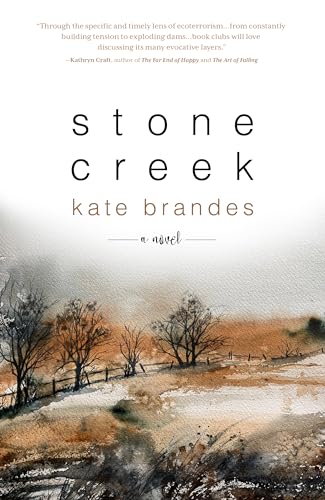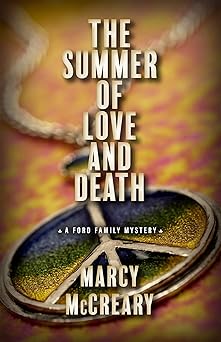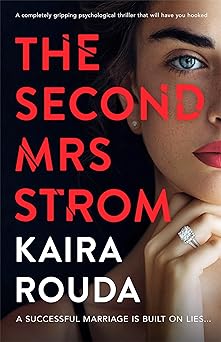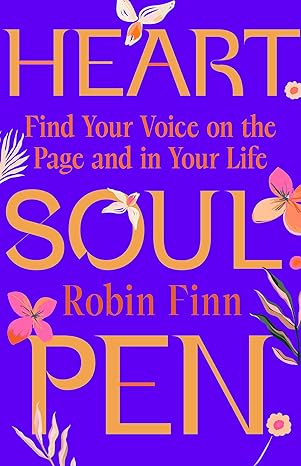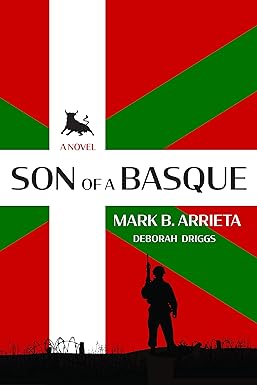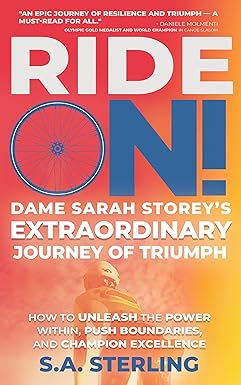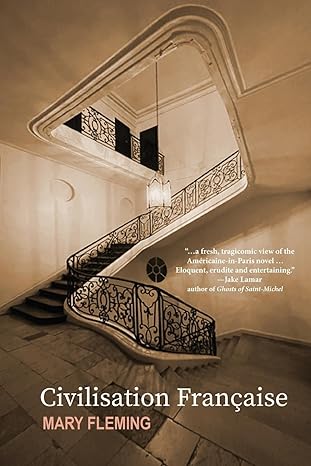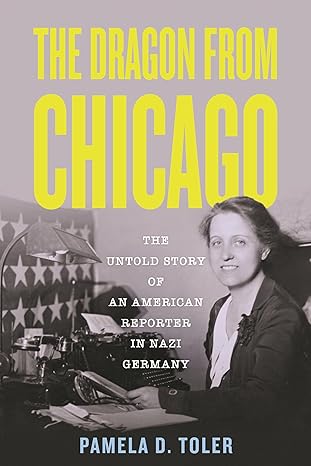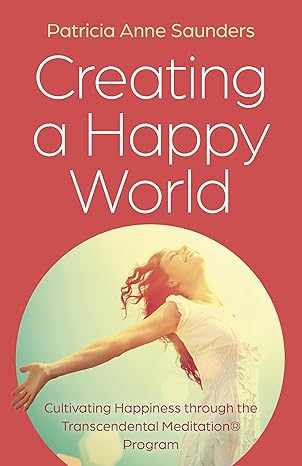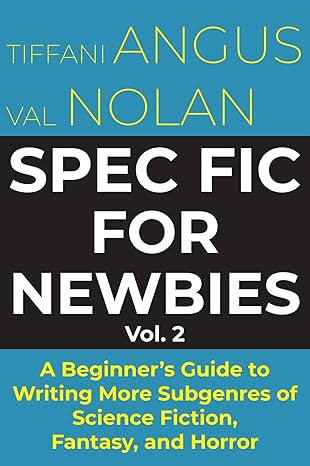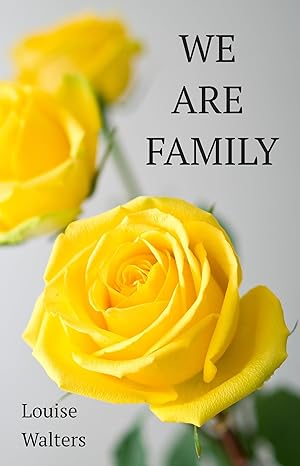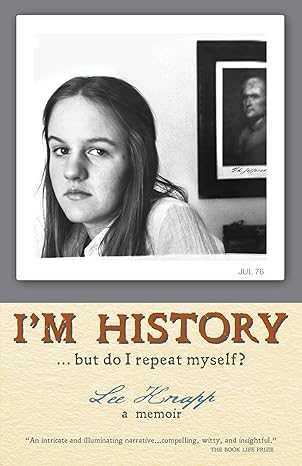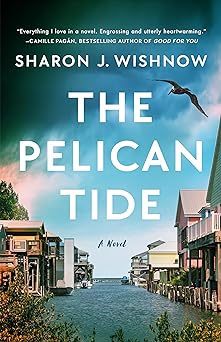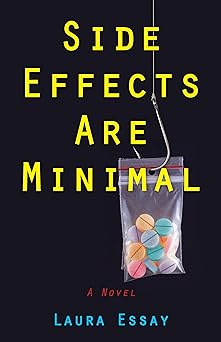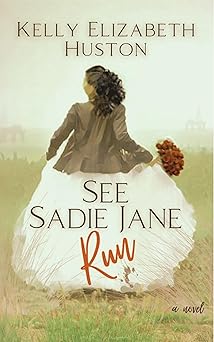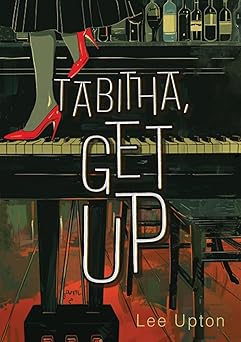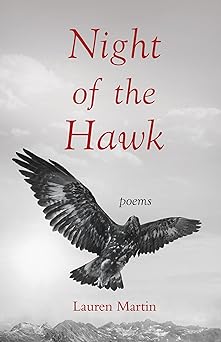Battle Cry
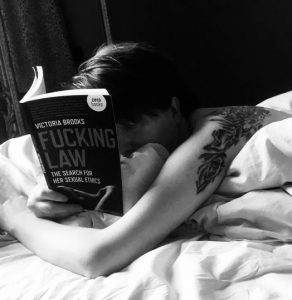 I am a woman who is queer and who enjoys sex, and who is generally positive and, perhaps naively, has faith that the world and the people in it are fundamentally ‘good’ and in their nature predisposed not to judge each other. As a writer and an academic, especially at the very start of my career, it became increasingly difficult to maintain this belief.
I am a woman who is queer and who enjoys sex, and who is generally positive and, perhaps naively, has faith that the world and the people in it are fundamentally ‘good’ and in their nature predisposed not to judge each other. As a writer and an academic, especially at the very start of my career, it became increasingly difficult to maintain this belief.
I wrote Fucking Law: the search for her sexual ethics for women like me, who find themselves in a constant battle with institutions (whether these be universities or any professional environment) and lovers too. I wrote the book as a manifesto to empower women like me who have had enough of being told what they want, how they should behave (in and out of the bedroom), who they should desire, and what is ‘normal’ for them.
I wrote this book for those women who have felt this in their bones, their flesh and they fluids and who have reached the end of what they can tolerate. I wrote the book for women who have experienced harm to their bodies because of the way they have been judged.
I have been wondering my whole life about where these ideas about who I ‘should’ be and what I ‘should’ desire came from. It is not as though they floated down from heaven one day and ever since it was decided that women must desire white men, they must desire just one of those men and belong to him, and they must be mothers and once they are, their desire for men must stop.
Some women can desire sex, but only if men say so and these women cannot be mothers. Our ethical frameworks about sexuality and about what you can and cannot do and desire as a woman seem to be built on these assumptions. It is not simply a nagging doubt that I have experienced, nor is it just an intensive interest in philosophy, nor is it a plain feeling that ‘something is not quite right’ that, although uncomfortable, is possible to live with. The way I have experienced the wrongness of this is through repetitive harm to my body.
Conventional sexual ethics did not just come to us in the wind one day, nor did someone discover a holy truth about how women should desire, which ought then to become a universal truth. These rules were created over time by men with political and philosophical power. Often these men were abusive, sexist and racist men who fed their desire to possess, control and erase women’s desire into the texts that they wrote. These texts have become the foundation of philosophy, and indeed they form the basis of the ethos of many a philosophy syllabus, and indeed many other subjects as well as underpinning the pedagogical and commercial strategies of universities.
It was one experience (among many) with a powerful man who was a philosopher that made the penny drop; the philosophical and the masculine power were connected. It was with a depleted body from months of emotional and psychological abuse that took as its object my sexuality, that I saw the depth of the problem and the urgency with which it must be addressed.
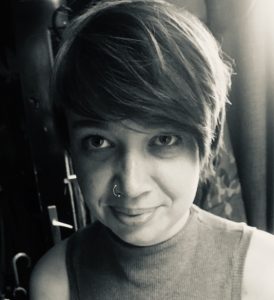 A powerful man abused me and I realised that power and privilege and the ideas that are created by that body cannot and must not be distanced from the texts that they write. The statements that this man made consistently, and against a background of control, caused real harm to my body. It was here that the battle took place and here when I felt it. I felt such anger and such frustration with those around me treating Kant and Aristotle’s works like biblical texts that would have all the answers and ought to be the starting point.
A powerful man abused me and I realised that power and privilege and the ideas that are created by that body cannot and must not be distanced from the texts that they write. The statements that this man made consistently, and against a background of control, caused real harm to my body. It was here that the battle took place and here when I felt it. I felt such anger and such frustration with those around me treating Kant and Aristotle’s works like biblical texts that would have all the answers and ought to be the starting point.
It was not mere anger and frustration, but also a daily nausea and a helplessness that my suffering would not come to any good, and that this sick adoration of harmful philosophy would continue. This is why I wrote the book. I wanted to use that visceral sense of positivity and hope, to create something that we can use together, as one tool among many others written by women, to create our own philosophy of sex. This should be a moving text like our bodies, and it should identify and seek battles not only with texts, but with the bodies that continue to silence and oppress us.
The book is called ‘Fucking Law’ since nothing less than fucking and writing about fucking will suffice. Talking politely to men in suits and having conversations and sensible dialogues in nice rooms with big tables will not help any more. What about when they will not talk to us because we do not talk in their philosophical language? What if we do not have access to education? What about when they exclude women of colour and queer women from the table and do not grant us an audience, so as to ensure our silence?
I say that simply talking on their terms is not enough. What about when the academic journals and even the literary presses find our message unpalatable since the editors of these publications are also those holding power and privilege? Fucking Law is a battle cry that I had no choice but to make. Fucking Law invites women to be uncompromising about getting their sexual experiences heard and represented in philosophy, ethical thinking and stories and writing about sexuality. Fucking Law is explicit and it says fuck you to your control, your power and your whitewashing.
—
FUCKING LAW: THE SEARCH FOR HER SEXUAL ETHICS
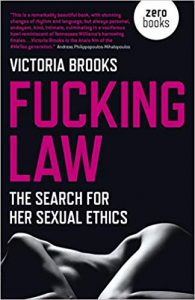 Fucking Law is an urgent call for everyone, not just academics and researchers, to find inventive ways to question the ethics of sexuality.
Fucking Law is an urgent call for everyone, not just academics and researchers, to find inventive ways to question the ethics of sexuality.
Since a sex life is full of so many diverse moments of joy and suffering, for each and everybody, the book attempts to bridge a gap between philosophical and non-philosophical questioning.
Central to the book is the reality that everyone can challenge the ethics and laws of sexuality and ask questions, even where they seem frightening, or worse, even when we are told not to – by institutions and lovers alike. Non-philosophical and accessible, Fucking Law is risky, explicit and provocative as it bridges the gap between academic and every-day questioning of sexual encounters.
Category: Contemporary Women Writers, How To and Tips




